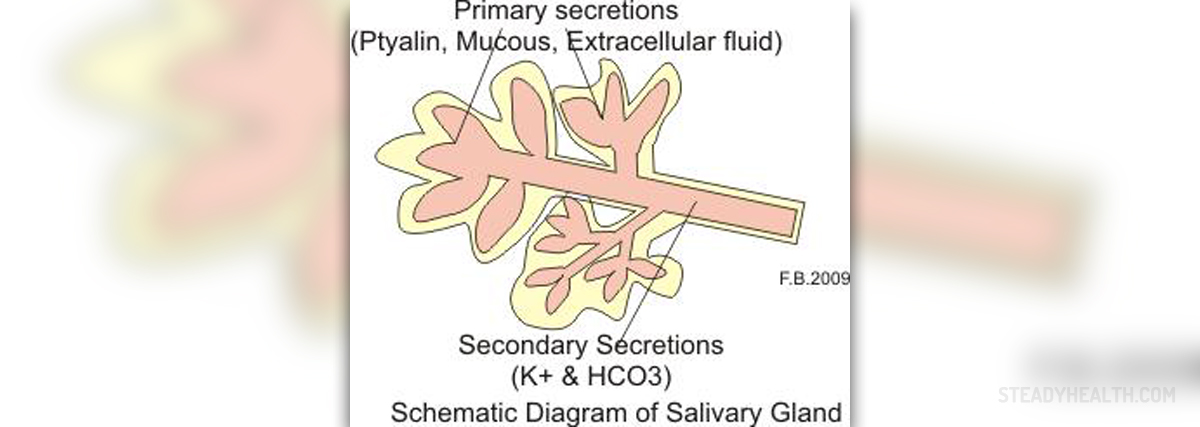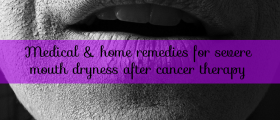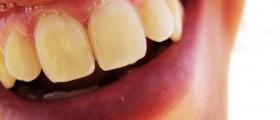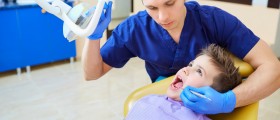
Xerostomia is a medical term for dry mouth. Dry mouth is not considered a condition per se. Instead, it represents only one manifestation of different medical conditions. People suffering from Xerostomia have to face insufficient production of saliva. Saliva normally moisturizes the inside of the oral cavity, participates in the beginning of digestion and is important for cleaning teeth. Its presence is also necessary for normal voice production.
Not having enough saliva makes the lips stick to the teeth and one cannot talk normally. In many cases the problem is closely related to intake of certain medication. However, Xerostomia may also originate from some medical conditions, predominantly those affecting the salivary glands.
Problems Associated with Xerostomia
The lack of saliva is typically accompanied by dryness in the mouth. Furthermore, the produced saliva is sticky, thick and stringy. One may additionally develop sores or split skin at the corner of the mouth. The lips get covered with cracks too. Lack of saliva is associated with halitosis (bad breath).
Additional problems include difficulty speaking, chewing and swallowing, sore throat and an altered sense of taste. Potential complications of long-term Xerostomia are a fungal infection, increased plaque formation, tooth decay and gum disease.
Xerostomia Treatment Options
Treatment for Xerostomia depends on the underlying cause of the medical issue. For instance, if lack of saliva develops as a consequence of certain drugs, they must be replaced with suitable alternative drug. Discontinuation of the drug is accompanied by normalization of the flow of saliva. In some cases patients are prescribed drugs that can efficiently stimulate saliva production. Pilocarpine and cevimeline are two drugs capable of increasing the synthesis of saliva. If the production of saliva cannot be boosted, one will need regular check-ups and frequent visits to his/her dentist.
In case insufficient production of saliva remains in spite of medicamentous treatment, one may apply some of many approaches in order to increase saliva synthesis at least a bit. Chewing sugar-free gums and sucking on sugar-free hard candies are excellent ways of boosting saliva production.
Reduction in intake of certain substances may improve saliva production. Caffeine is, for example, known to make the mouth drier. If one abstains from caffeine, the problem may partially improve. One is also due to quit tobacco use.
Patients suffering from Xerostomia are also due to brush their teeth with a fluoride toothpaste, use a fluoride rinse before bedtime and never use a mouthwash that contains alcohol.
Xerostomia can also improve with sucking ice chips or sipping water throughout the day. Sometimes even over-the-counter saliva substitutes bring relief.
Finally, some individuals opt for alternative treatments like acupuncture in order to overcome Xerostomia.




_f_280x120.jpg)












Your thoughts on this
Loading...